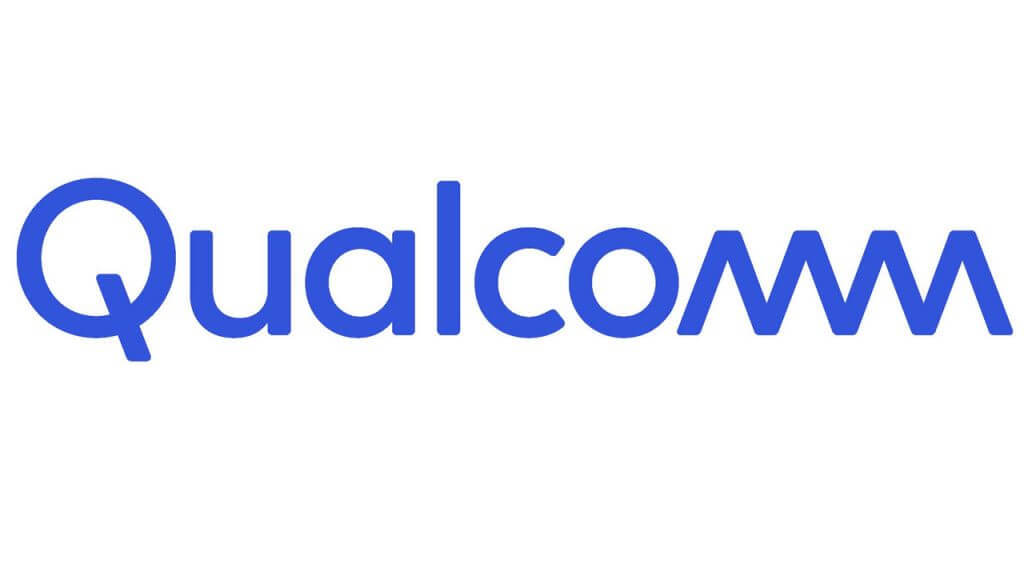Skip To...
Qualcomm says it plans on going toe-to-toe with Apple in the laptop chip manufacturing business. The company intends to do this by building the “best ever processor” – one even superior to Apple’s M1. Qualcomm’s CEO, Cristiano Amon disclosed this in an interview with Reuters.
“We [need] to have the leading performance for a battery-powered device”, Amon said. He added that his company is looking to make laptops 5G-capable.
Qualcomm’s Laptop Chip Masterplan
Not long ago, Qualcomm bought Nuvia, a start-up founded by ex-Apple chip designers. Amon hopes to leverage the skills of these ex-Apple engineers (now Qualcomm employees) to build the next big thing in laptop processors.
Already, Qualcomm has been hugely successful in the Android smartphone processor industry. The chipmaker’s signature product, the Snapdragon series, is a most sought-after processor that powers several A-list smartphones on the market today. Therefore, the company’s decision to venture into the laptop chip supplier industry doesn’t exactly come as a surprise.
Apple’s M1: A Formidable Competitor

In 2020, Apple unveiled M1, an ARM-based chip designed for Mac PCs. The chip is known for its “industry-leading performance, powerful features, and incredible efficiency”. Apple’s website states that M1 has the “world’s best CPU performance per watt”, “the world’s fastest integrated graphics in a PC” and “the world’s fastest CPU core in low-power silicon”. As a matter of fact, Apple’s M1 outperforms all Intel and AMD processors on the market.
This is the laptop chip Qualcomm is up against. So it’s safe to say Cristiano Amon’s plan is really ambitious. But the CEO believes a strong presence in China can help his company achieve its objective. “We will go big in China”, Amon said.
However, success in the smartphone chip industry doesn’t guarantee success in the laptop area. Too often, we’ve seen companies that are household names in one sector fail miserably in another. For example, Microsoft – with all of its success – performed horribly in the smartphone industry. And Google failed to establish a presence in the social media industry with Google+. So, ultimately, whether or not Qualcomm’s big plan will see the light of day remains to be seen.







